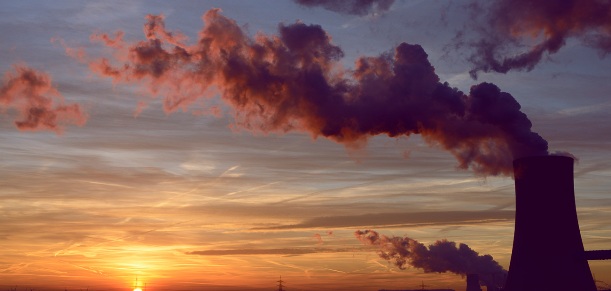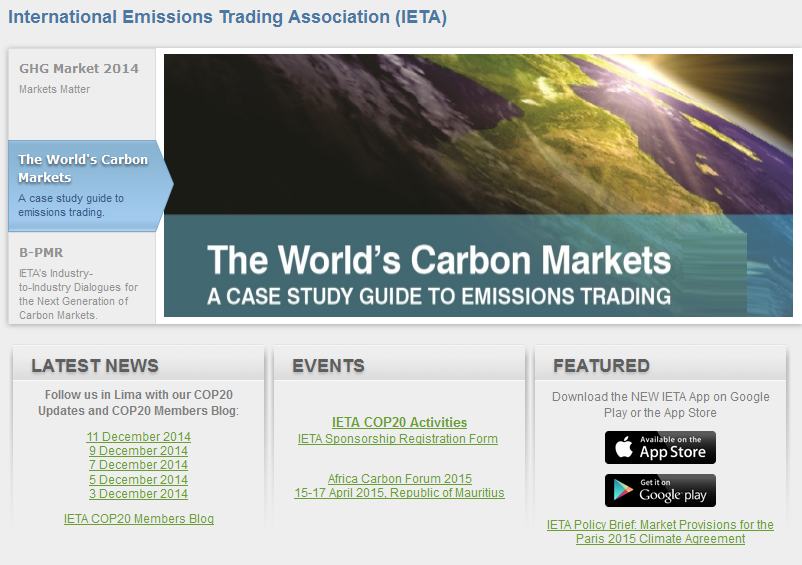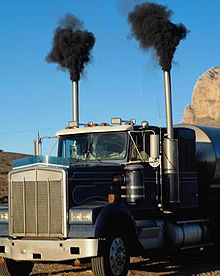Time for a Price on Carbon
It's Time
Time for a price on carbon dioxide emissions -- full-cost, green acccounting
June 2014
- Should there be a price on carbon - Wall Street Journal [1]
- What is a carbon price and why do we need one? - Guardian [2]
- Time for a price on carbon [3]
- Repubs sign up, Hank Paulson [4]
- Lessons Learned - New York Times - [5]
_ _ _ _
Regulatory Options
Wikipedia Carbon Tax -- Carbon Price -- Cap and Trade_Emissions Trading
_ _ _ _
Government Policy
June 2014
President Obama re: CO2 emissions:
“[I]f there’s one thing I would like to see, it’d be for us to be able to price the cost of carbon emissions. … We’ve obviously seen resistance from the Republican side of the aisle on that. And out of fairness, there’s some Democrats who’ve been concerned about it as well, because regionally they’re very reliant on heavy industry and old-power plants. … I still believe, though, that the more we can show the price of inaction — that billions and potentially trillions of dollars are going to be lost because we do not do something about it — ultimately leads us to be able to say, ‘Let’s go ahead and help the marketplace discourage this kind of activity.’”
_ _ _ _
Corporate Policy
Corporate planning for carbon tax/costing [6] [7]
International Emissions Trading Association
_ _ _ _
Social Costs / External Costs (Externalities)
Social costs of carbon (est) - http://www.epa.gov/climatechange/EPAactivities/economics/scc.html
"Externalities" - http://en.wikipedia.org/wiki/Externality
[Wikipedia] In economics, an externality is the cost or benefit that affects a party who did not choose to incur that cost or benefit.
For example, manufacturing activities that cause air pollution impose health and clean-up costs on the whole society, whereas the neighbors of an individual who chooses to fire-proof his home may benefit from a reduced risk of a fire spreading to their own houses. If external costs exist, such as pollution, the producer may choose to produce more of the product than would be produced if the producer were required to pay all associated environmental costs. If there are external benefits, such as in public safety, less of the good may be produced than would be the case if the producer were to receive payment for the external benefits to others. For the purpose of these statements, overall cost and benefit to society is defined as the sum of the imputed monetary value of benefits and costs to all parties involved.
Thus, unregulated markets in goods or services with significant externalities generate prices that do not reflect the full social cost or benefit of their transactions; such markets are therefore inefficient.



